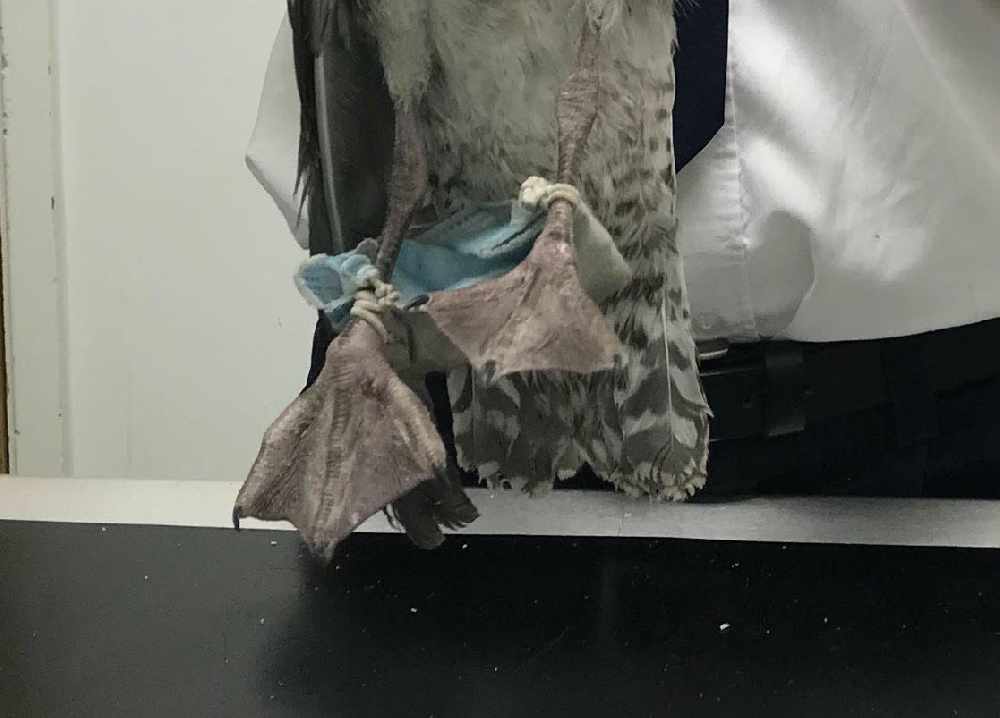
As the Great British September Clean kicks off, the RSPCA is urging people to ‘snip the straps’ from disposable face masks, as it’s revealed the charity has helped more than 900 animals caught in litter since the start of lockdown, including 22 in Cheshire.
Dumped face masks have become a new hazard to wildlife since the pandemic started and the animal charity has received reports of animals tangled in the ear straps of single-use masks since it became law for the public to wear them in shops. One such incident includes a gull who was found to have a face mask tightly round his legs in Chelmsford, Essex (pictured right).
Despite the face mask causing swelling to his legs, the bird has now fully recovered - but it is just one example as to how dangerous face masks can be to animals.
The message comes as the RSPCA backs Keep Britain Tidy’s Great British September Clean, which kicked off this week and runs until 27 September.
Since lockdown started on 23 March, the RSPCA has dealt with 938* incidents of animals caught in litter, including tin cans, elastic bands and plastic bottles.
Chris Sherwood, the RSPCA’s chief executive, said: “For many years the public have been aware of the message to cut up plastic six-pack rings before throwing them away to stop animals getting tangled in them, and now we are keen to get out the message that the same should be done for face masks too - as very sadly, animals are susceptible to getting tangled up in them.
“Now that face masks are the norm, and may be for some time to come, this message is more important than ever as thousands of these masks are being thrown away every day. We’re concerned discarded face masks could become a significant hazard, particularly to wild animals and birds.
“Our RSPCA officers have had to rescue animals from getting tangled in face masks and we expect that this may go up as time goes on, so the best thing to do is to simply cut the elastic ear straps in half before throwing it away.”
Other recent litter-related incidents which the RSPCA has dealt since the start of lockdown with include:
-
A fox who got his head stuck in a plastic bottle in Portsmouth, which resulted in the fox suffering deep cuts to his neck. Thankfully, after treatment at an RSPCA centre, he was released back into the wild.
-
A gull skewered by a kebab stick which had been left on the side of a road in Clifton, Bristol. Sadly the stick was so deeply embedded in the gull that he did not make it.
-
A fox who was found with his head stuck in a large plastic reel in a car park in Littlehampton, East Sussex. The fox was uninjured and was released.
Most cases of litter affecting animals are preventable if rubbish is disposed of properly and responsibly.
Animals looking for food can get trapped in tin cans and the sharp edges can cause injury. We encourage people to clean and empty food containers before pinching them shut or cutting them in half before putting them in the recycling.
Elastic bands also pose a big risk to small animals and birds as they can wrap around their bodies or beaks and cause choking and other injuries. We encourage people to reuse them where possible or cut them open before throwing them away.
Broken glass can cause serious injury and small animals can get trapped in jars and bottles so please clean and recycle glass as much as possible.
Plastic bags can suffocate animals or, if they eat them, can cause them to choke or can block their digestive system. Please tie bags in knots before recycling. And plastic can holders can cause deep wounds to animals that get tangled in them or can even choke them so it’s best to cut the loops before discarding.
The RSPCA’s top tips to protect wildlife from litter:
-
Recycle and reuse as much as possible - and put everything else in the bin;
-
Cut the loop handles of plastic carrier bags before recycling to prevent animals being tangled;
-
Cut plastic can holders and elastic bands so animals can’t get caught up;
-
Cut up balloons before putting them in the bin;
-
Cut up disposable gloves and snip the straps on face masks to prevent animals getting tangled;
-
Clean and empty containers after use and pinch cans shut or cut containers in half before recycling.
For more information visit www.rspca.org.uk/adviceandwelfare/litter.
The RSPCA is continuing its vital work rescuing animals during the Coronavirus crisis. To help the RSPCA keep rescuing animals and keep our animal hospitals and centres running for emergency treatment and round the clock care through these unprecedented times, please donate whatever you can spare at www.rspca.org.uk/covid.
Incidents by county (England)
|
County |
Number of incidents |
County |
Number of incidents |
|
Bedfordshire |
10 |
Lancashire |
25 |
|
Berkshire |
13 |
Leicestershire |
14 |
|
Bristol |
3 |
Lincolnshire |
29 |
|
Buckinghamshire |
15 |
Merseyside |
29 |
|
Cambridgeshire |
21 |
Norfolk |
25 |
|
Cheshire |
22 |
North Yorkshire |
31 |
|
Cornwall |
10 |
Northamptonshire |
8 |
|
Cumbria |
25 |
Northumberland |
8 |
|
Derbyshire |
18 |
Nottinghamshire |
21 |
|
Devon |
17 |
Oxfordshire |
14 |
|
Dorset |
26 |
Shropshire |
9 |
|
Durham |
11 |
Somerset |
12 |
|
East Yorkshire |
23 |
South Yorkshire |
21 |
|
East Sussex |
8 |
Staffordshire |
28 |
|
Essex |
28 |
Suffolk |
12 |
|
Gloucestershire |
12 |
Surrey |
13 |
|
Greater London |
51 |
Tyne & Wear |
15 |
|
Greater Manchester |
38 |
Warwickshire |
11 |
|
Hampshire |
35 |
West Midlands |
40 |
|
Herefordshire |
4 |
West Sussex |
18 |
|
Hertfordshire |
10 |
West Yorkshire |
24 |
|
Isle of Wight |
3 |
Wiltshire |
9 |
|
Kent |
72 |
Worcestershire |
9 |
Total: 900. The remaining figures are location unknown and incidents in Wales.


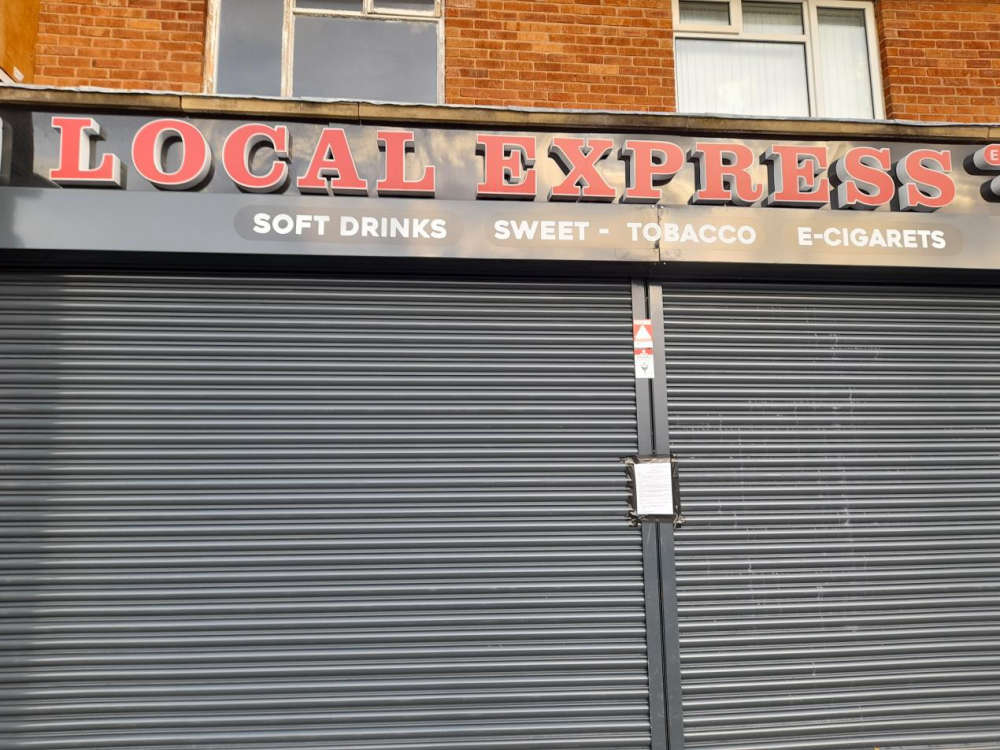 Council uses powers to close shops selling illegal vapes and tobacco products
Council uses powers to close shops selling illegal vapes and tobacco products
 Public consultation on the future of public toilets at Holywell, Mold and Talacre
Public consultation on the future of public toilets at Holywell, Mold and Talacre
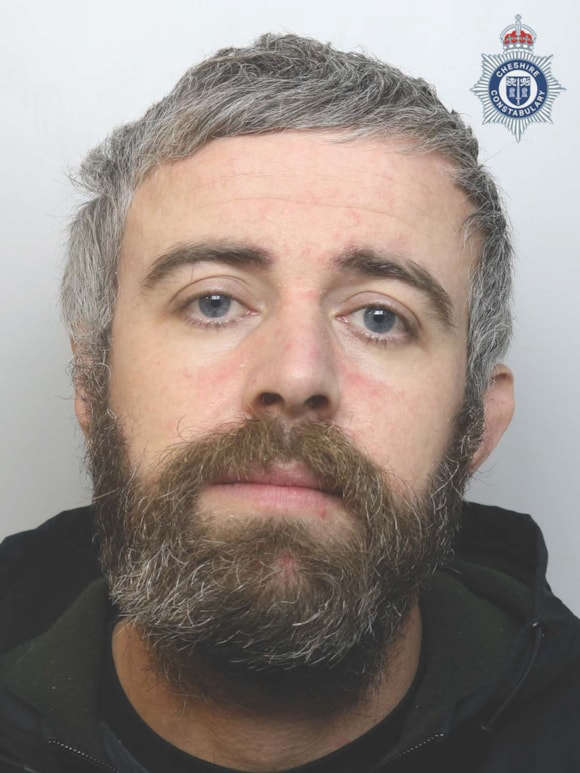 Man jailed for 16 years after being found guilty of rape
Man jailed for 16 years after being found guilty of rape
 Ellesmere Port community projects awarded share of Police and Crime Commissioner’s £150k fund
Ellesmere Port community projects awarded share of Police and Crime Commissioner’s £150k fund
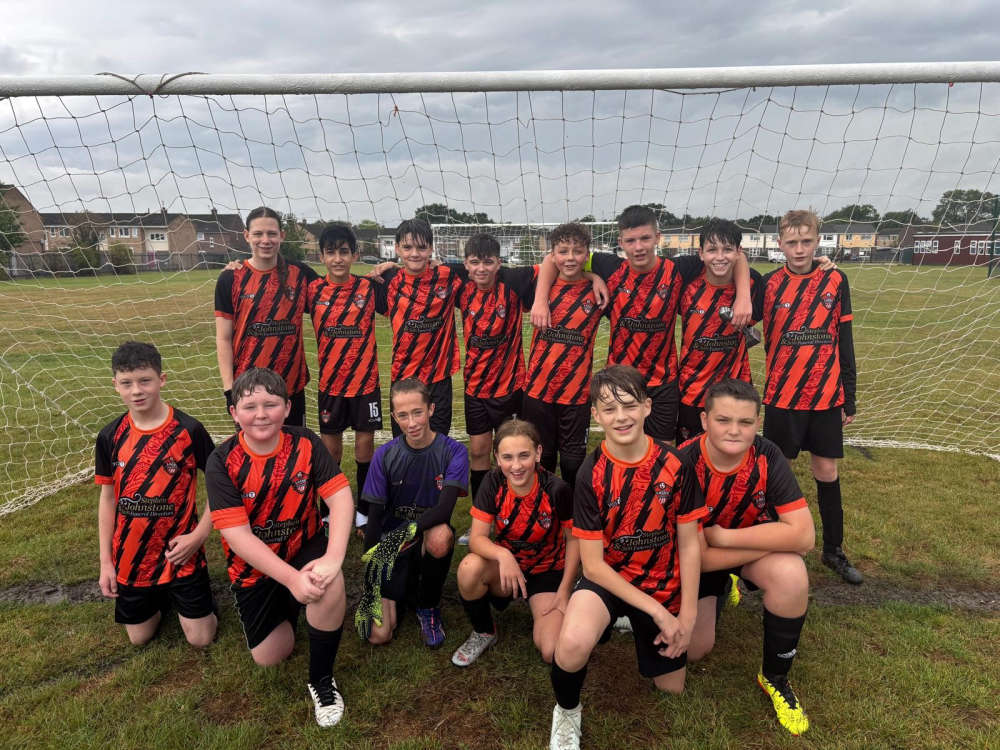 Chester community projects awarded share of Police and Crime Commissioner’s £150k fund
Chester community projects awarded share of Police and Crime Commissioner’s £150k fund
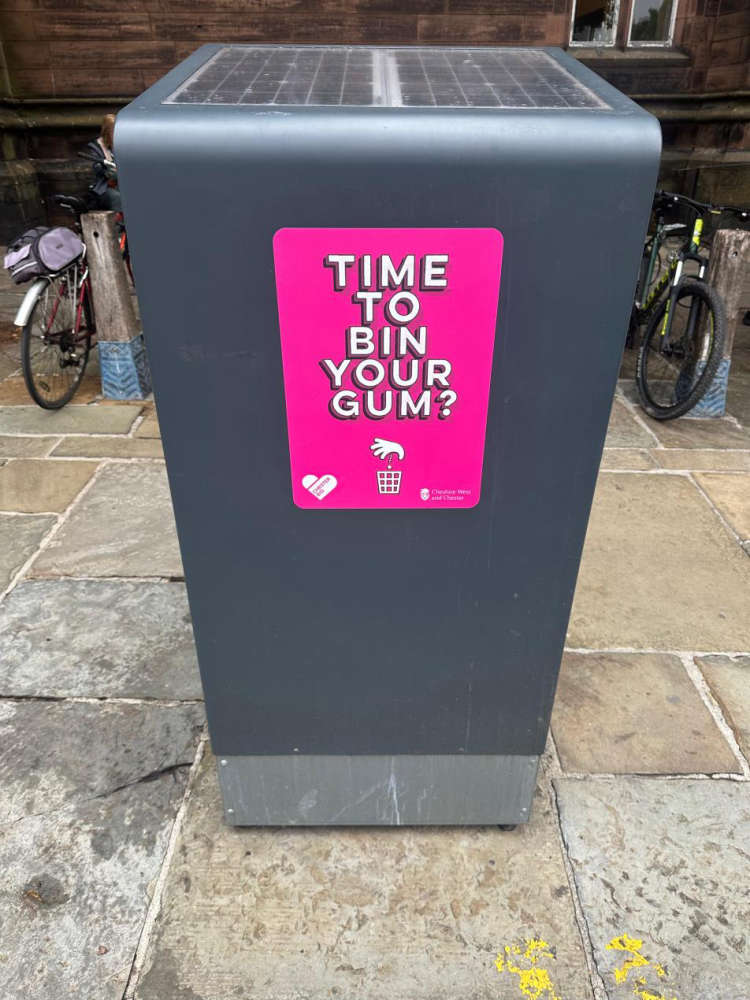 Council completes chewing gum cleaning project
Council completes chewing gum cleaning project
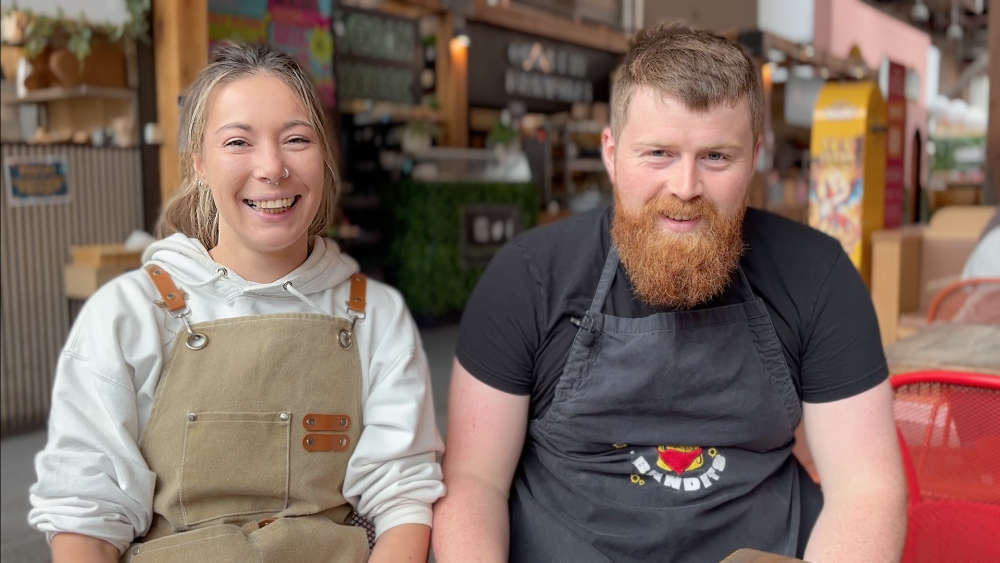 Chester Market celebrates three years of success
Chester Market celebrates three years of success
 Chester and Wirral Football League - Latest Results
Chester and Wirral Football League - Latest Results
 Blues Match Report: Chester FC 1 - 1 Marine
Blues Match Report: Chester FC 1 - 1 Marine
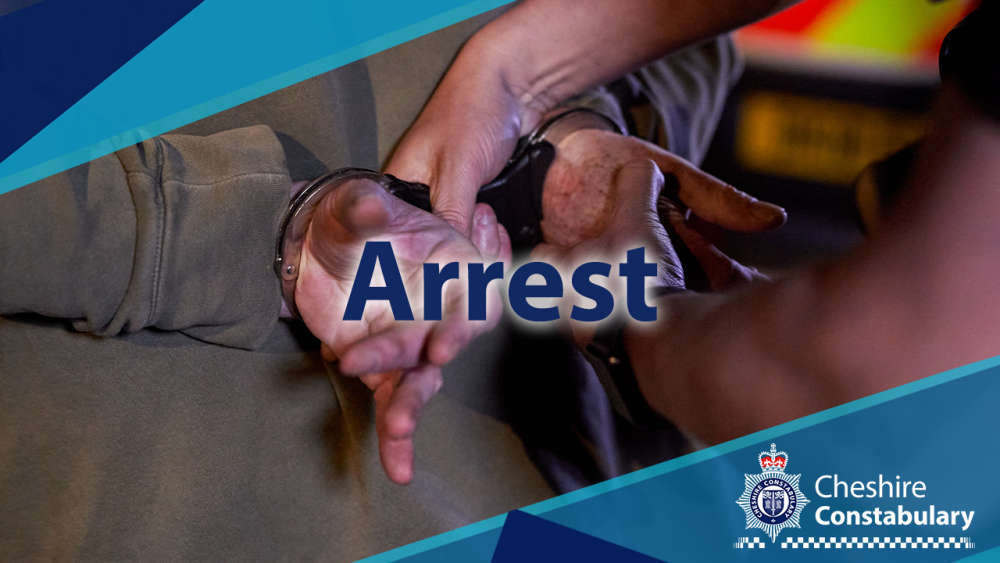 Wanted man from Ellesmere Port arrested and charged
Wanted man from Ellesmere Port arrested and charged
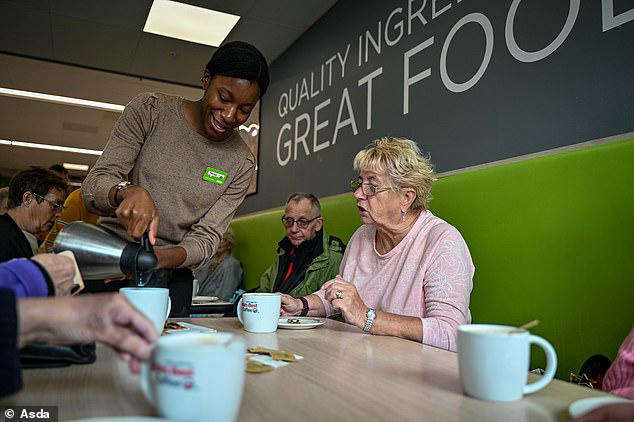 'Winter Warmer' initiative for local over 60’s in North Wales
'Winter Warmer' initiative for local over 60’s in North Wales
 Inaugural meeting of the Cheshire and Warrington Combined Authority Shadow Board
Inaugural meeting of the Cheshire and Warrington Combined Authority Shadow Board
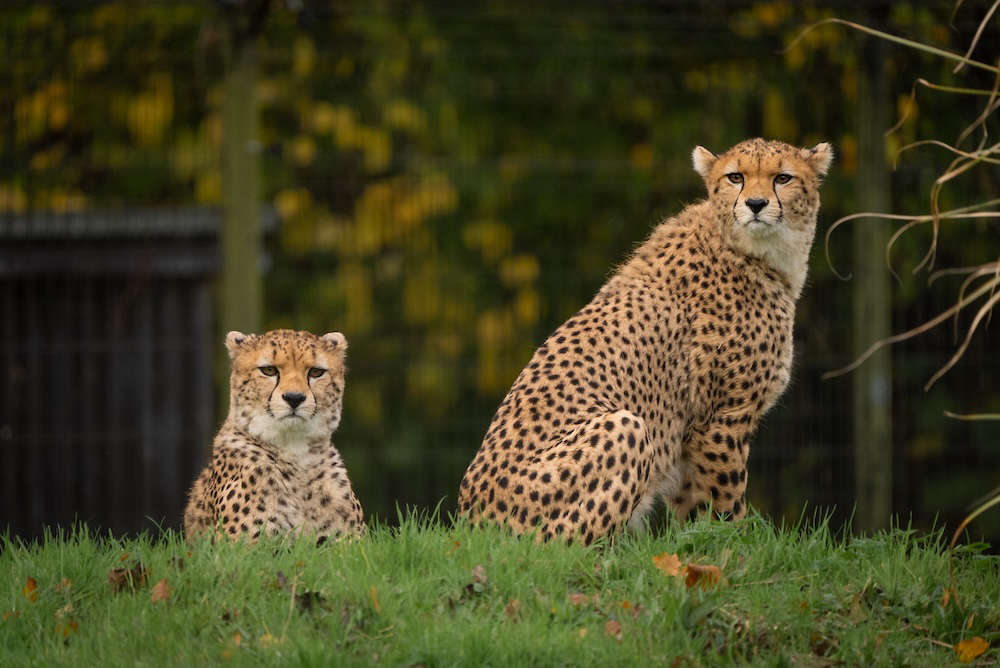 Cheetah brothers arrive at Chester Zoo
Cheetah brothers arrive at Chester Zoo
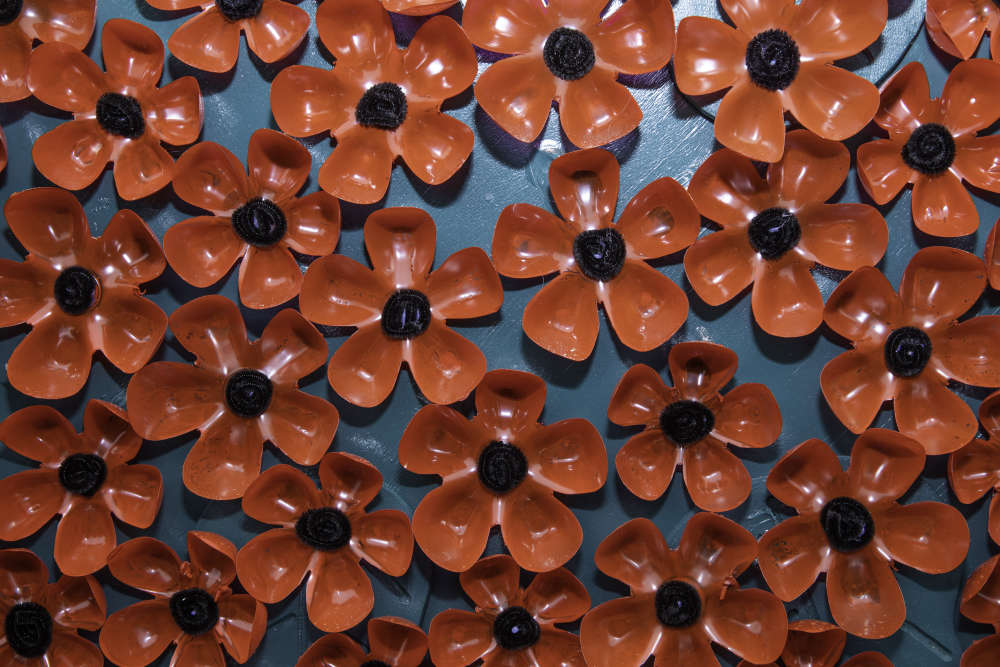 Ex-Chester FC star helps create stunning poppy tribute
Ex-Chester FC star helps create stunning poppy tribute
 FREE CHESTER CONCERT SET TO CELEBRATE WORK OF RENOWNED NORTH WEST BASED COMPOSER
FREE CHESTER CONCERT SET TO CELEBRATE WORK OF RENOWNED NORTH WEST BASED COMPOSER
 MUSIC BY RENOWNED WELSH FEMALE COMPOSER TO FEATURE IN WREXHAM ORCHESTRA REMEMBRANCE CONCERT
MUSIC BY RENOWNED WELSH FEMALE COMPOSER TO FEATURE IN WREXHAM ORCHESTRA REMEMBRANCE CONCERT
 Blues Match Report: Cambridge United 3 - 0 Chester FC
Blues Match Report: Cambridge United 3 - 0 Chester FC
 Blues Match Preview: Cambridge United v Chester FC
Blues Match Preview: Cambridge United v Chester FC
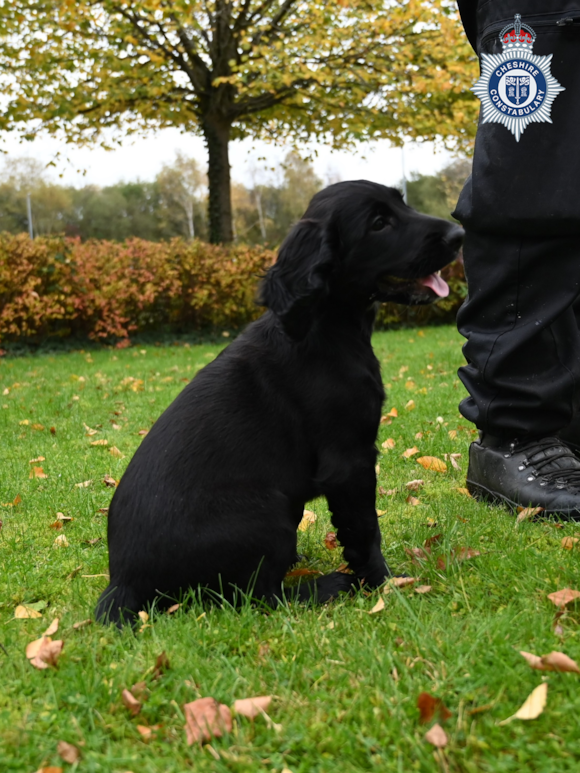 Cheshire Constabulary welcomes its newest four-legged crime fighter ahead of her Police Dog training
Cheshire Constabulary welcomes its newest four-legged crime fighter ahead of her Police Dog training
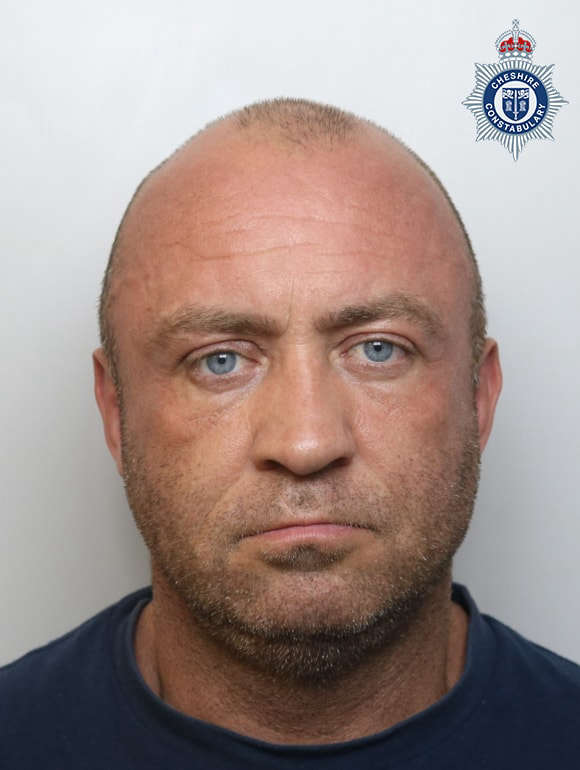 Appeal to trace wanted man from Ellesmere Port
Appeal to trace wanted man from Ellesmere Port